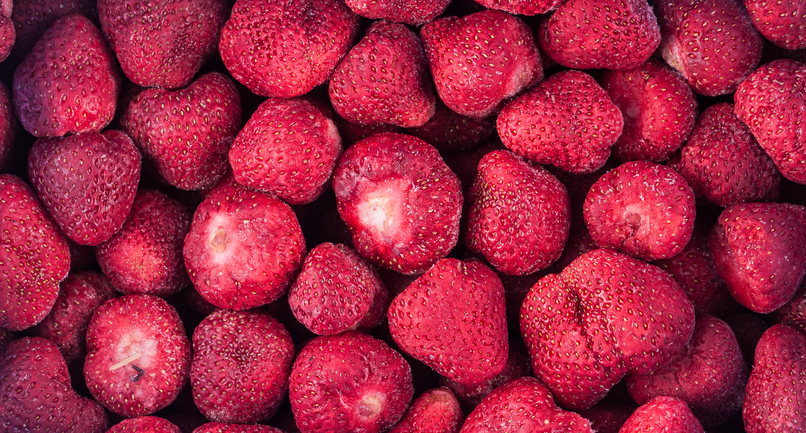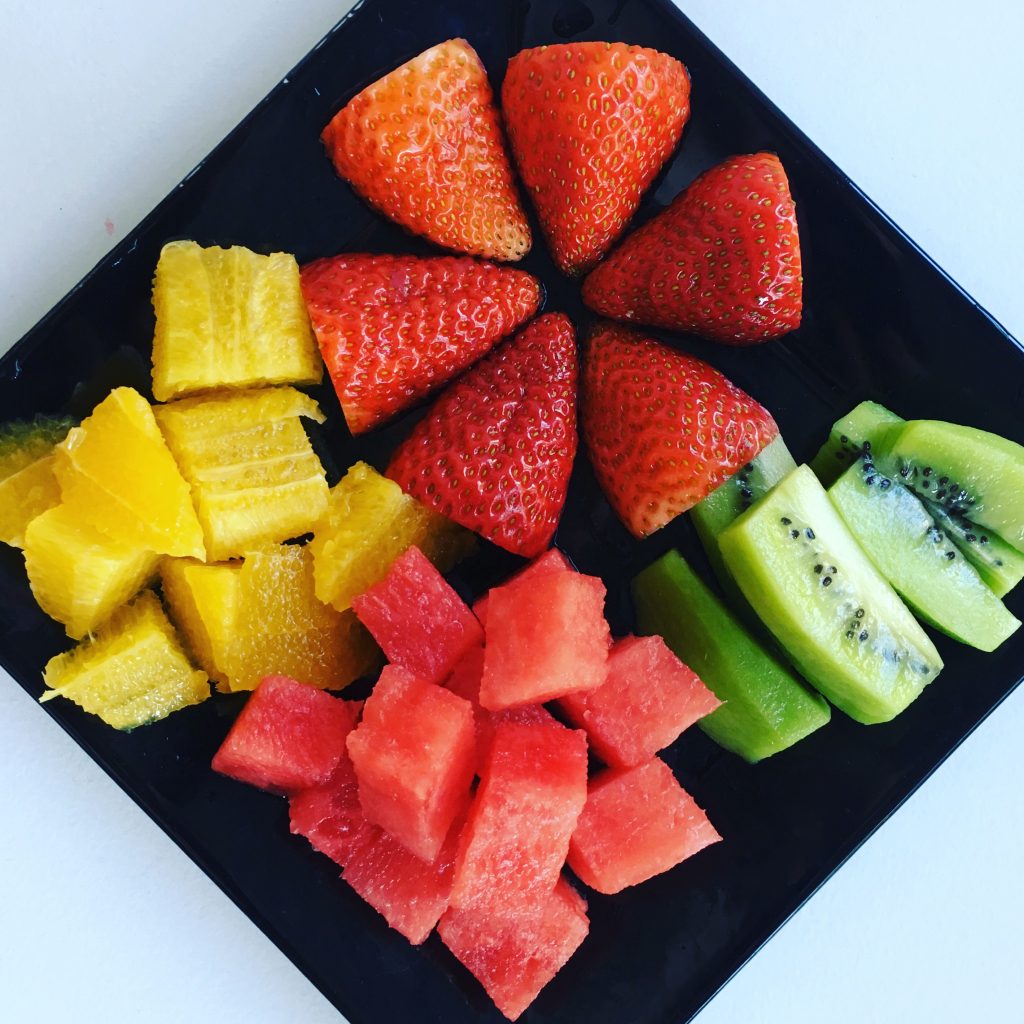Can eating too much fruit make you fat?
Is your weight gain caused by eating too much fruit?
There has been a lot of talk about whether eating fruit is still part of a healthy eating plan. After all some fruit is high in sugar and eating too much can be detrimental to your plan and could cause you to gain weight. That said, fresh fruit is nutritious and can also provide fibre so shouldn’t be eradicated from your diet completely. You can still eat it as long as you monitor how much you are consuming and the type of fruits you are including in your diet. But if you’re finding you’re not losing weight and your weakness is fruit, maybe it’s time to look into exactly how much you’re eating and what kind you are consuming.

Is your weight gain caused by eating too much fruit?
Fruit contains natural sugars including sucrose, fructose and glucose and while fructose is harmful in large amounts, it’s VERY difficult to consume too much fructose from just fruit. What we need to watch is our intake of free sugars. Though they include the same sugars found in fruit (fructose, glucose, sucrose), in free sugars, they have been removed from their natural source and can be found in all of those sugary treats like lollies and cakes we see on the supermarket shelves.
Evidence from the World Health Organisation has found that health issues such as excessive weight gain and dental problems can arise when people eat too many free sugars as opposed to eating the sugars found in fruit. Eating fruit is also important because it contains a lot of nutrients and fibre, the latter of which is often absent in free sugars. People who eat fruit and veggies regularly are less likely to develop conditions like heart disease and diabetes, yet only around 50 per cent of Aussies eat the recommended daily serve of fruit and vegetables. 
How much fruit should we be eating?
According to Australian Dietary Guidelines, the recommended serve is two pieces of whole fruit per day, or two cups if you are talking smaller fruit such berries and grapes. Some fruit is higher in fructose than others so make sure you choose the right type. “People have the impression that fruit is so much healthier than a chocolate bar, so they blow the doors off with oranges,” Nutritionist Abby Langer says. “Even though it’s natural, when you consume fruit, your body treats it like any other sugar.”
How much is too much fruit?
Pro athletes can consume up to four recommended servings per day, but that’s only because they are burning lots of calories. “The reason why we don’t want to eat unlimited amounts of fruit each day is that, while it is loaded with nutrients, it’s still a source of carbs and sugars and even too much of a healthy food can have negative effects, like weight gain,” Nutritionist Alexandra Parker says. “If you’re eating too much fruit throughout the day, you’re also likely to be replacing other important food groups.”
Are there ‘better’ types of fruit to opt for?
Fruit is packed full of nutrients such as vitamins, minerals, dietary fibre and phytonutrients but some are more nutrient dense than others. Raspberries, blueberries, strawberries, kiwis, clementines, plums, peaches, and small apples are the best options due to their high fibre and low low sugar content. It’s also important to be varied in the ones that you choose, however. “Choosing a colourful assortment of fruits is important, as each colour carries its own set of unique disease-fighting chemicals called phytochemicals. It is these phytochemicals that give fruits their vibrant colours and, of course, some of their healthy properties,” says nutritionist Anna Debenham. “The orange pigment found in rockmelon, oranges and mangoes, for example, contain the antioxidant beta-carotene, which is important for our eyes and skin health,” she adds. Try to ensure you choose a rainbow of fruits while picking the ones lower in sugar and higher in fibre. If you are struggling with weight management – one of the first things you should do is to work out your BMR which will give you your own specific calorie needs for your own individual needs.
You can use our free BMR calculator. Then if you discover that you are consuming too many, you can then look to cut back on the volume of food or type of food you are eating. When you start to make small changes to the foods you eat you will start to see a big difference to the amount of calories consumed.









